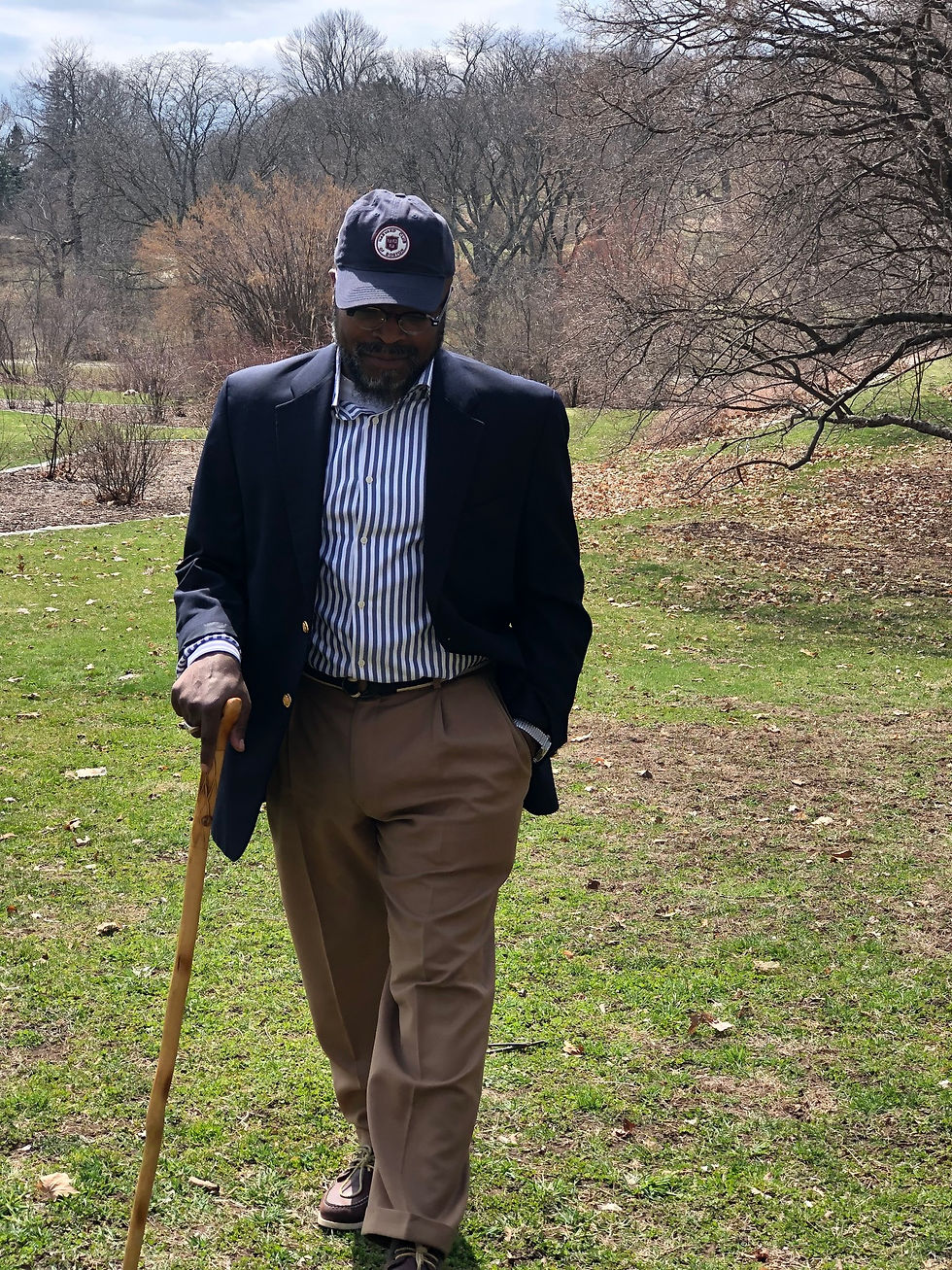The Role of Community Health Workers in Supporting Individuals with Dementia and Alzheimer's Disease
- chwworkforce
- Oct 7, 2024
- 2 min read
Author: Dr. Ali ABY Muhammed
CHW Workforce Development, Inc.

Community Health Workers (CHWs) play a vital role in the care and support of individuals affected by dementia and Alzheimer's disease. As frontline providers, CHWs work closely with patients and their families, offering resources, education, and guidance that significantly enhance the quality of life for those impacted by these conditions.
With a focus on culturally competent care, CHWs provide an invaluable bridge between the healthcare system and the community, helping to address the unique challenges posed by dementia and Alzheimer's.
Early Identification and Support are key components of CHWs’ work in this area. CHWs are trained to recognize the early signs of dementia and Alzheimer’s, including memory loss, confusion, and difficulty with daily tasks. Through community outreach, they engage with individuals and families, offering screenings and connecting them with medical professionals for further evaluation. By facilitating early diagnosis, CHWs help ensure that individuals can access treatment and support sooner, which can improve outcomes and slow disease progression.
Care Coordination is another crucial area where CHWs make a difference. Individuals with dementia and Alzheimer's often require a broad range of services, from medical care to home assistance and social support. CHWs assist in navigating this complex landscape, connecting patients with resources such as memory care programs, support groups, and respite care for caregivers. This support is particularly valuable for families who may be overwhelmed by the demands of caregiving and the complexity of coordinating services.
CHWs also focus on Caregiver Education and Support. Caring for someone with dementia or Alzheimer’s can be physically and emotionally taxing, and CHWs provide essential resources to help caregivers manage stress and improve their caregiving skills. They offer information on effective communication techniques, behavioral management strategies, and ways to create a safe environment at home. By educating caregivers, CHWs help reduce burnout and improve the overall quality of care for individuals with dementia.
Furthermore, CHWs play a significant role in Reducing Stigma and Increasing Awareness about dementia and Alzheimer’s within the community. Many people affected by these conditions face stigma and isolation due to a lack of understanding about their symptoms and needs. CHWs work to educate the public about dementia and Alzheimer's, promoting empathy and reducing misconceptions. Through workshops, community events, and informational sessions, they foster a more inclusive and supportive environment for individuals with cognitive impairments.
Finally, CHWs provide Culturally Competent Care, tailoring their support to align with the cultural backgrounds and preferences of their clients. This sensitivity is crucial, as cultural beliefs can influence how families perceive and respond to dementia. By offering services that respect and reflect these cultural nuances, CHWs build trust and encourage open communication, which is essential for effective care.
In conclusion, Community Health Workers are invaluable allies in addressing the complex needs of individuals with dementia and Alzheimer’s disease. Through early identification, coordinated care, caregiver support, stigma reduction, and culturally competent services, CHWs enhance the lives of those affected and promote a more informed and compassionate community response to these challenging conditions.









Comments